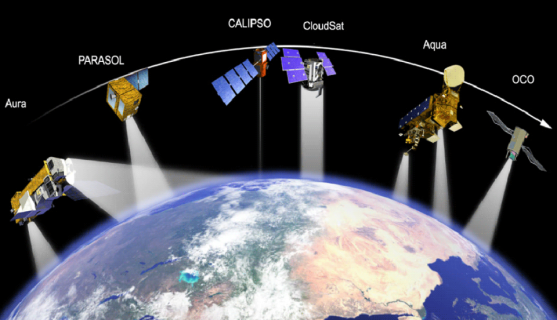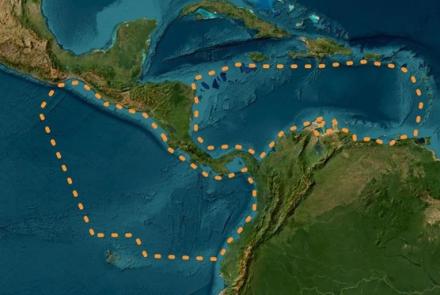Big Brother is NOT Watching You: When Comms go Bad
Michael Moradzadeh, San Francisco Station
The Global Software Glitch of the Summer of 2024 serves as a warning and reminder to, among others, ocean voyagers.
An innocent error in coding took out thousands of computers, with paralyzing consequences for global communications including systems used by offshore sailors for email and weather. One can only imagine the consequences of an intentional, malicious, attack.
Traditionally, offshore races have forbidden racers from acquiring routing information from off the boat. Part of the rationale has been that sailors should be compelled to be able to obtain, interpret, and act on weather information themselves rather than outsourcing that task.
On July 18, the need for these skills and even more basic ones, became more pronounced. Unable to receive mail or the binary “GRIB” files used for automated routing, sailors in the 2024 Pacific Cup had to rely on alternate, and less defined, means of conducting their race. As Principal Race Officer and Communications Chair, I spent a bit of time wrestling with the issues.
GPS was still fully functional, so there was no question about finding Hawaii, and the weather information from a few days back was perfectly adequate for, say, staying out of the windless “Pacific High.” Plus, there were no major weather hazards in the offing. However, those boats obsessively updating strategy multiple times a day based on updated forecasts were out of luck.
Two decades ago, when I started crossing, we relied on HF radio with a capability of global access. This would allow receipt of voice and digital weather reports with good, though not perfect, fidelity. The full radio requirement was dropped several years back and replaced with a “carry a $100 receiver” rule that could at least tune in the voice reports. That was finally dropped because nobody used it!
The 2024 Pacific Cup required several means of communication on board, providing for redundancy. In this case, it’s unlikely that any boat was completely out of touch. Included on each boat were: a method of email and one of voice calls (may be the same device), an EPIRB, and a race tracker with an alert function. Many crew also brought personal devices such as the Garmin InReach that allow global messaging as well. Any of these could have been, and some were, affected by this failure, and all are vulnerable to an attack. As tech guru Jim Corenman commented to me, “if it works, it’s a security risk.”
Looking again at the 2024 glitch, we have to wonder
- How many boats had alternate means of obtaining weather information?
- Did boats maintain logs of barometric pressure? If so, did they know what to do with it?
- Suppose GPS had gone out, or was spoofed, what rudimentary navigation would have let them find Hawaii?
- How equipped were they to handle a medical issue beyond basic first aid?
All well-run offshore races and events remind participants that they should be prepared to go substantial periods without outside assistance. July of 2024 is a reminder that these are not just words.
So what’s a prudent voyager to do? Here are a few thoughts
- While underway, and shortly before, avoid software updates and downloads, and absolutely prevent your devices from “helpfully” doing this automatically.
- Have all important documents and files stored locally, and on paper where appropriate.
- Have at least two entirely separate devices that can handle your critical communications, possibly based on separate infrastructure.
- Have a physical list of key phone numbers.
- Consider single sideband or ham radio. This requires skill to manage but can be effective.
- Develop a basic understanding of what makes weather, and what that looks like from your boat
- Maintain a log with reasonable regularity so that if you need to switch to dead reckoning you have a good starting point.
- Learn how to derive your latitude from the Sun and/or Polaris.
These actions can be classified as good seamanship rather than some wild-eyed “prepper” activity. As we plunge ever more deeply into global communications on boats, it’s only prudent to do so with proper respect for potential unavailability of these technical miracles.






